
|
Getting your Trinity Audio player ready...
|
Much has been studied and written about in the field of Ethics in research and publishing with countless resources available today. Trust, integrity, and ethics are pillars upon which academic research stands. Today, we are faced with even newer ethical dilemmas with the entry of Artificial Intelligence (AI) into the research arena– in the conduct, analysis, and dissemination of research findings. While there is a growing consensus that AI will be an essential and invaluable part of our academic lives, this underlines the necessity for a universal set of principles or a code of conduct that can guide the ethical use of AI.
As rightly said by Bill Joy, an American computer scientist: “We can’t simply do our science and not worry about the ethical issues.” Any kind of ethical misconduct in research can lead to desk rejection, article retractions, hurt your academic career, and even discredit authors and their research findings.
What are some resources for learning about publishing ethics?
1. Committee on Publication Ethics (COPE): COPE is a leading international organization that promotes integrity in scholarly publishing.
https://publicationethics.org/
2. Publishing Ethics Resource Kit (PERK): This online resource from Elsevier is specifically designed to support journal editors in handling publishing ethics allegations.
https://www.elsevier.com/editor/perk
3. Wiley Author Services Publishing Ethics Guidelines: Wiley offers comprehensive guidelines on publishing ethics for authors, researchers, and editors.
https://authorservices.wiley.com/ethics-guidelines/index.html
4. World Association of Medical Editors (WAME): WAME is a global organization representing medical journal editors.
5. Open Access Scholarly Publishing Association (OASPA): OASPA is an international organization that promotes open access and responsible publishing.
The international community for open access publishing
Journals place ethical misconduct high up in the order when it comes to evaluating manuscripts. Even novel, high impact research can face problems at submission stage if they fail ethical guidelines. Here are some of the declarations that one must make while submitting a manuscript:
- Conflict of Interest: A conflict of interest arises whenever there is any potential bias that could affect a researcher’s work or influence the editor’s or peer reviewer’s responsibilities in the publication process. Most journals have a formal policy requiring a declaration of conflicts of interest at the time of submission. Such conflicts are most commonly due to personal, financial, and professional affiliations or relationships. And while it is common, the best approach is full disclosure to the journals that you are submitting your manuscript to.
- Financial disclosure: Authors should submit a statement declaring that any financial support or commercial gains (gifts, funding, sponsorship, etc.) for the study has been acknowledged, and confirm that you have not signed any agreement with the sponsor that will bias the research results. Additionally, any personal bias or professional relationship that can be viewed as a potential conflict of interest should be disclosed in the cover letter. The lack of potential conflicts of interest should also be declared at time of submission. For more clarity, refer to ICMJE guidelines and use the form provided there or check if your target journal has a specific form for this ethical declaration. Remember, failure to declare any competing interests may lead to journal rejection or retraction of your paper when identified.
Original work:
Most journals ask authors to declare that the manuscript has not and will not, even partly, be submitted or published elsewhere. Authors must also declare if any part of the content has been published in academic conferences, as preprints, or via journal communications; and get signed permissions to use data (figures/tables) from previously published work.
Ethical approvals:
Any research that includes human or animal subjects would need to get ethical approvals by a properly constituted ethical approval committee/Institutional Review Board even before the project begins. You also need to obtain informed written consent from the participants in the study. If there are children involved, researchers need to ensure they have informed consent from the parents, legal representatives or guardians. These ethical declarations need to be submitted to the journal along with your manuscript, without which your paper may not be accepted for publishing.
Editor’s note: an earlier version of this article (originally published Aug 31, 2020) can be accessed at Ethical declarations and journal submissions: 3 things to keep in mind | Editage Insights
To know more about Editage services, click here: https://www.editage.us/campaigns/manuscriptsubmissionsupport
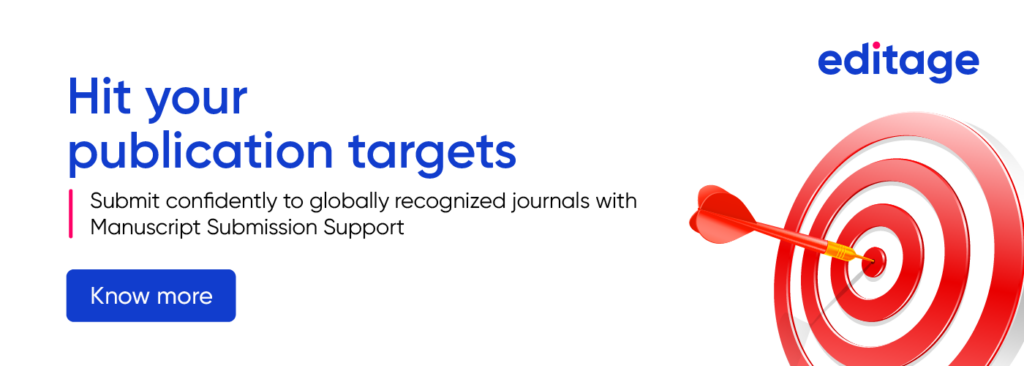
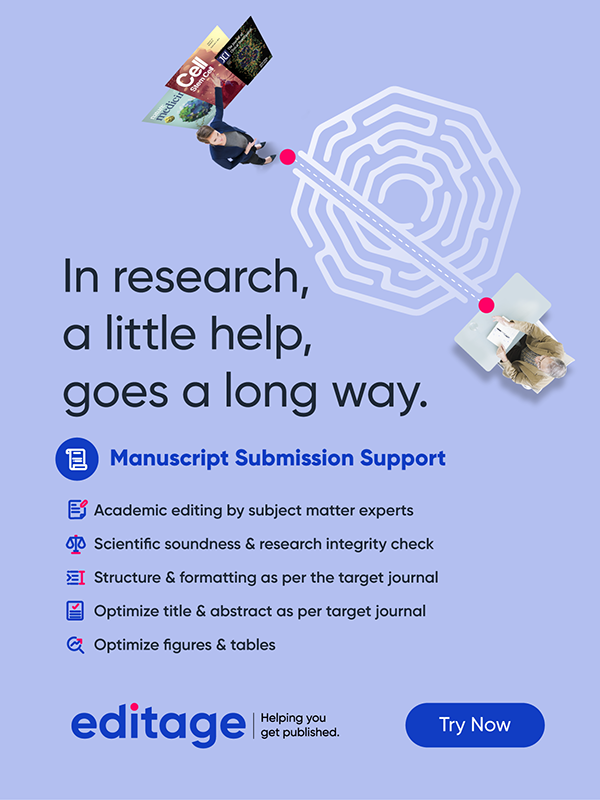
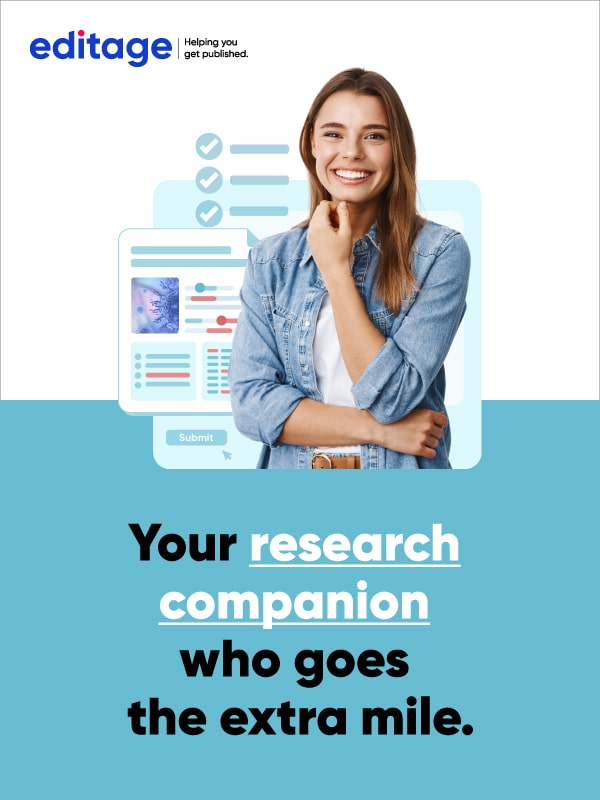
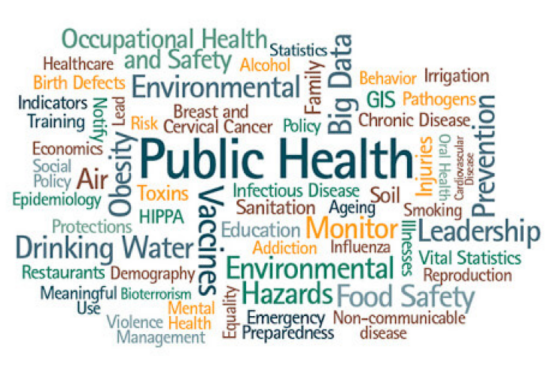

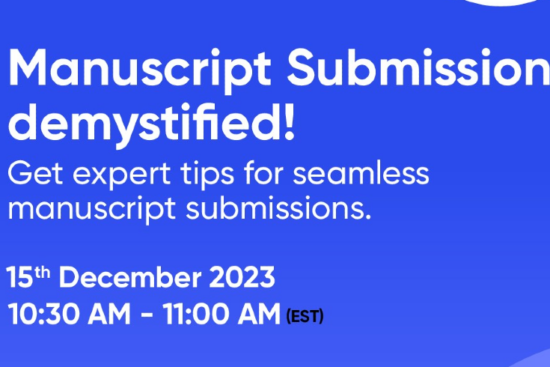




Leave a Reply